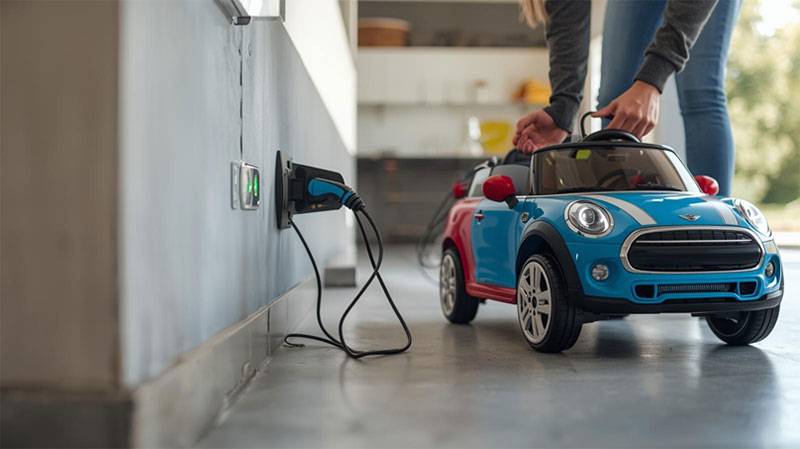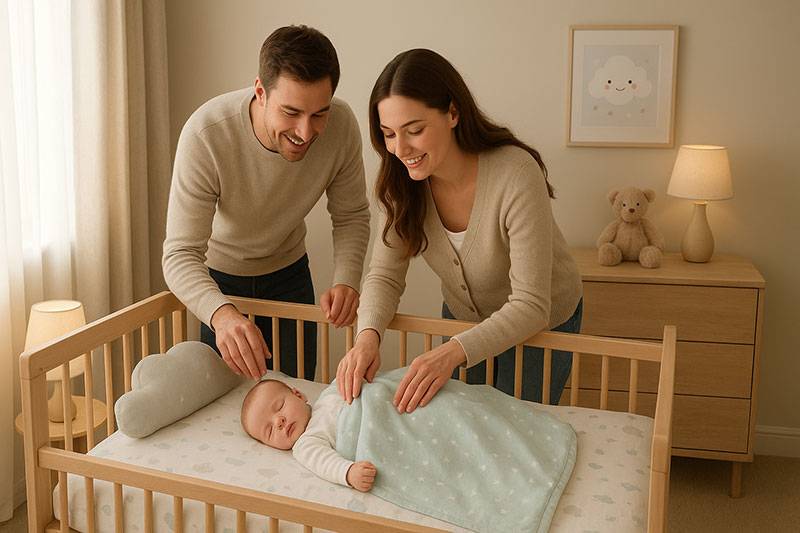Fun and Educational Games for Kids: Play, Learn, and Grow Together
1. Introduction: Why Games Are Good for Learning and Growing I wish someone had told me this when my kids were toddlers: games aren’t merely for entertainment. They’re working hard behind the scenes. Negotiation occurs when siblings fight about turns. Even the wild outdoor games where someone always cries? These teach conflict resolution, believe it…












